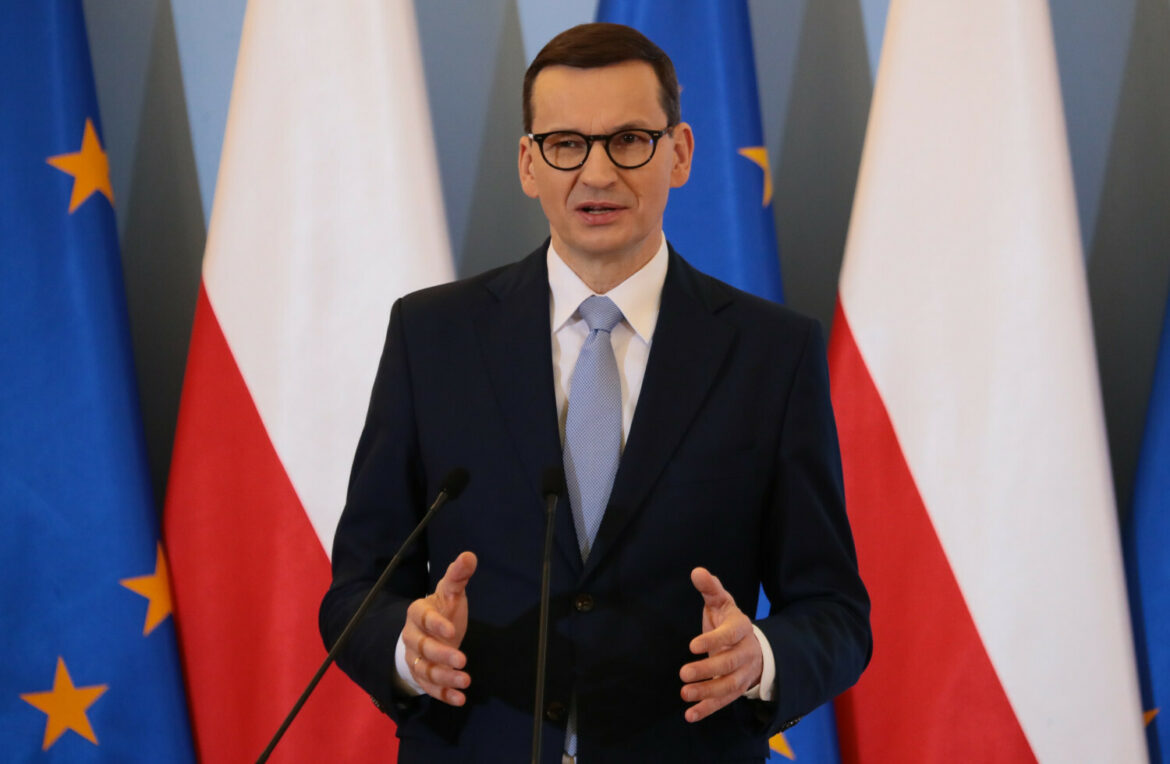The current concept of the EU Emissions Trading System (EU ETS) is flawed. Instead of serving a sustainable and fair climate policy, trading CO2 emissions has become a tool of speculation, writes Prime Minister Mateusz Morawiecki on the pages of euroactiv.com.
According to the head of the Polish government, “the thesis that the increase in emission prices, and thus a drastic increase in energy bills, is the right direction, which does not require any adjustments, in fact, gives the green light for the further speculative operations of the EU system”.
Prime Minister Morawiecki recalled that in recent days the President of the European Commission, Ursula von der Leyen, pointed out that “the end justifies the means” however “it is contrary to the assumptions of a just energy transformation, which is defended by Poland and other countries” – he emphasized.
Mateusz Morawiecki claims that “We will not deliver the European Green Deal if it hits the welfare of Europeans”, adding that “stable and predictable prices are of key importance for a responsible transition. Excessive fluctuations in price volatility can jeopardize the investments that are essential to the stability of EU economies. The current energy crisis shows the consequences of prices volatility in this sensitive sector of the economy. ”
The head of the Polish government also pointed to the impact of gas prices on inflation and that Russia had an obvious interest in this development.
The rise in energy prices is also escalated by Russia’s geopolitical game. In every market, the monopolist will sooner or later use his advantage. Today, the whole of Europe is experiencing it, not just the EU, but also Moldova and Ukraine – said Morawiecki.
The Polish Prime Minister considers it necessary to carry out a profound reform of the ETS system, which will take into account the current situation on the energy and emission allowances market, as well as the conclusions of the European Council of December 2021.
MP Morawiecki believes that two elements are now needed to bring the EU closer to a fairer trading system ETS.
“First, the analysis and control of the emission allowance market. By building the appropriate regulatory and supervisory solutions, we must cut the speculative bubble that has accumulated around the ETS trade.
Second, the pressure of the Market Stability Reserve (MSR) on the supply of emission allowances needs to be reduced. Every year, about 300-400 million allowances are received by the MSR, drastically reducing the number of allowances available at auction” – suggests Mateusz Morawiecki.
Adrian Andrzejewski





